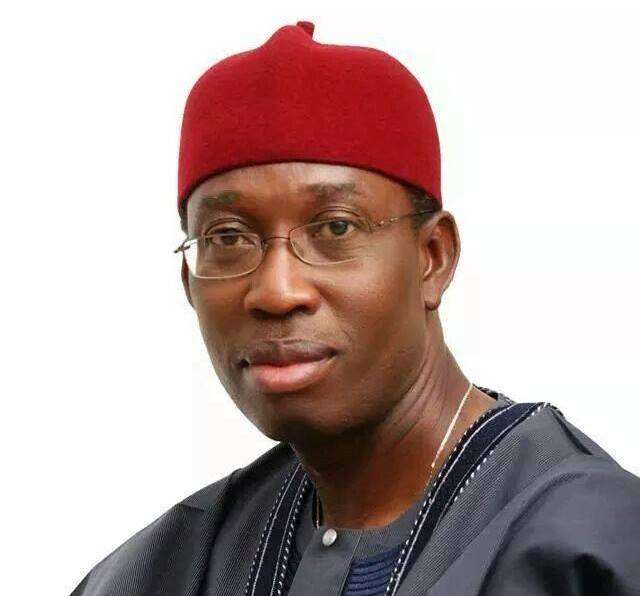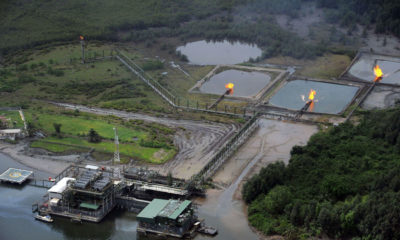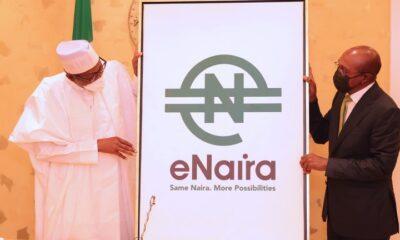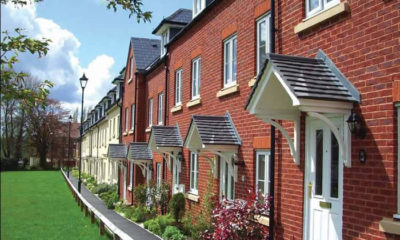Ifeanyi Okowa Presents N378.48 Billion Proposed Budget for 2021
The Executive Governor of Delta State, Senator (Dr) Ifeanyi Okowa, on Tuesday presented a N378.48 billion budget to the state’s House of Assembly for consideration for the 2021 fiscal year.
The budget christened “Budget of Recovery” appropriated N207.52 billion for Capital Expenditure while Recurrent Expenditure was allocated N171.32 billion.
According to the Governor, capital expenditure accounted for 54.76 percent of the budget while 45.24 percent represented recurrent expenditure.
He explained that the allocations were in line with his administration’s agenda of spending more on projects and programmes that would impact positively on the socio-economic well-being of the people of Delta.
The proposed budget for 2021 is N96.2 billion or 34.05 per cent more than the N282 billion approved for 2020.
The governor said that the 2021 budget proposals reinforced the state government’s commitment to road infrastructure, education, health, job and wealth creation programmes as the principal-drivers of the Stronger Delta agenda.
According to him, N113 billion, representing 89.94 per cent of the capital budget is allocated to the economic sector while N35 billion is allocated to the social sector; the administration sector got 10.93 billion and the regional sector, N42 billion.
“In 2021, we propose to spend N66.66 billion on Road Infrastructure; N6.79 billion on Health; Education will gulp N23.55 billion; Agriculture, N2.04 billion and Water Sector, N1.83 billion.
“Job and Wealth Creation Bureau will gulp N1 Billion and Youth Development, N1.25 billion. These key sectors are very essential in our 2021 budget,” Okowa said.
Okowa also explained that due to the negative impact of COVID-19 on the economy and the world at large, government spending was significantly affected by the global pandemic and that Delta was no exception.
The governor, therefore, stated that “the proposed 2021 Budget for Delta is primarily focused on protecting and supporting our people in a COVID-19 environment, accelerating infrastructural renewal, incentivizing growth, enhancing job creation, engendering social inclusion and developing sustainably.
“Overall, the proposed 2021 Budget is predicated on inclusive economic growth that is sustainable and people-centred, with strengthening fiscal sustainability through increased efficiency in spending, improved revenue mobilization and debt sustainability.
“It also entails improving processes and systems in Public Financial Management, and Monitoring and Evaluation, to bolster better public sector service delivery.”

 Forex2 weeks ago
Forex2 weeks ago


 Naira1 week ago
Naira1 week ago
 Naira4 weeks ago
Naira4 weeks ago
 Company News4 weeks ago
Company News4 weeks ago




 Naira2 weeks ago
Naira2 weeks ago
 Billionaire Watch1 week ago
Billionaire Watch1 week ago




 Naira3 weeks ago
Naira3 weeks ago




 Naira1 week ago
Naira1 week ago






















